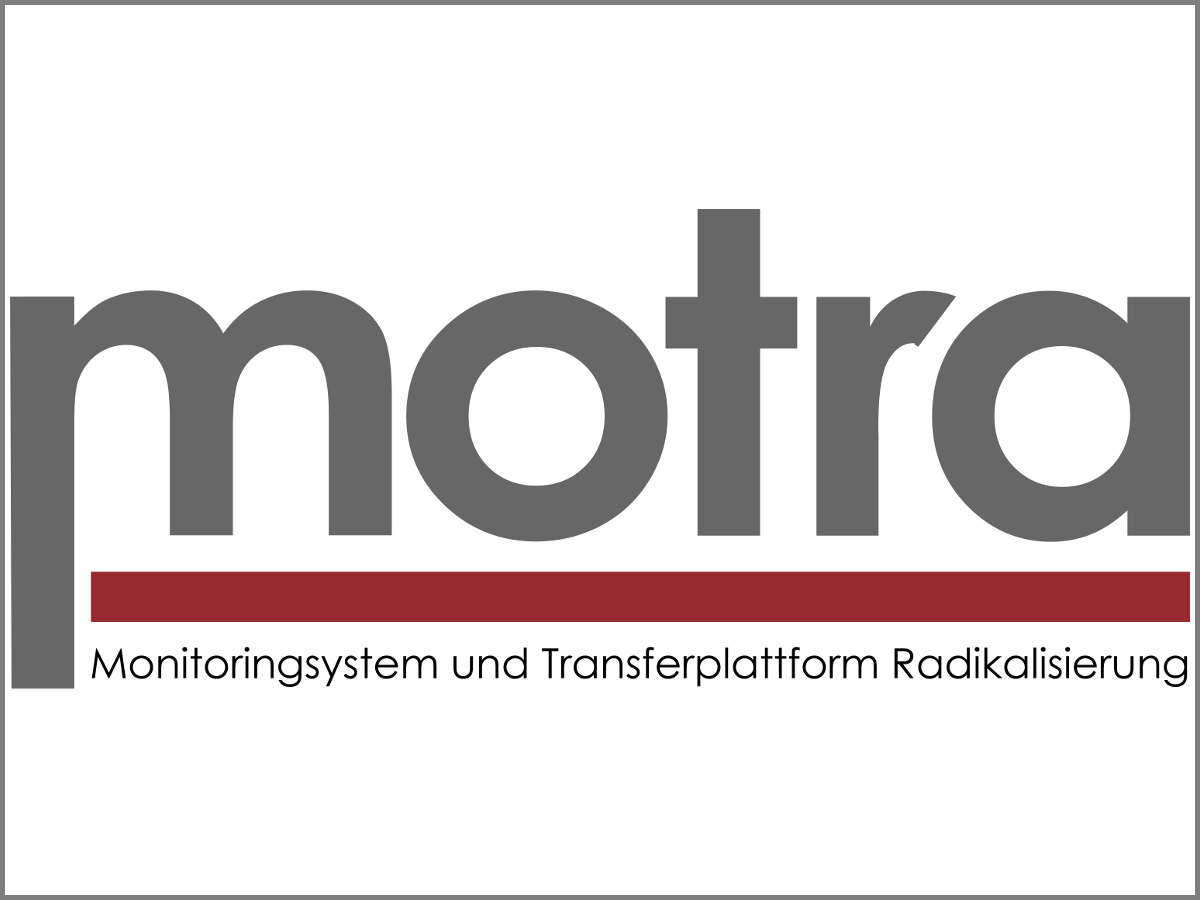Technology monitoring: Preventing extremism
Violent groups and extremists rely on modern technologies to network effectively. As a partner in the project “Monitoring System and Transfer Platform Radicalization” (MOTRA), ITAS identifies and examines technical tools that can be used for this purpose. The aim of the overall project is to analyze radicalization processes, to network governmental and non-governmental actors, and to strengthen preventive work in Germany.
ITAS identifies development potentials and trends in new IT and communication technologies. “In our monitoring, we also take into account innovation dynamics that arise when security authorities and potential criminals use digital technologies. In particular, we reflect on possible side effects and ethical aspects of surveillance,” says Armin Grunwald, head of ITAS. MOTRA is coordinated by the Federal Criminal Police Office (Bundeskriminalamt, BKA) and funded by the Federal Ministry of Education and Research as part of the “Research for Civil Security” program. Also involved are Universität Hamburg, the WZB Berlin Social Science Center, Ludwig-Maximilians-Universität München, the Centre for Criminology (KrimZ), and the Berghof Foundation. (02.03.2020)
Further information:
- MOTRA website of the Federal Criminal Police Office (only in German)
- Project description at the ITAS website


